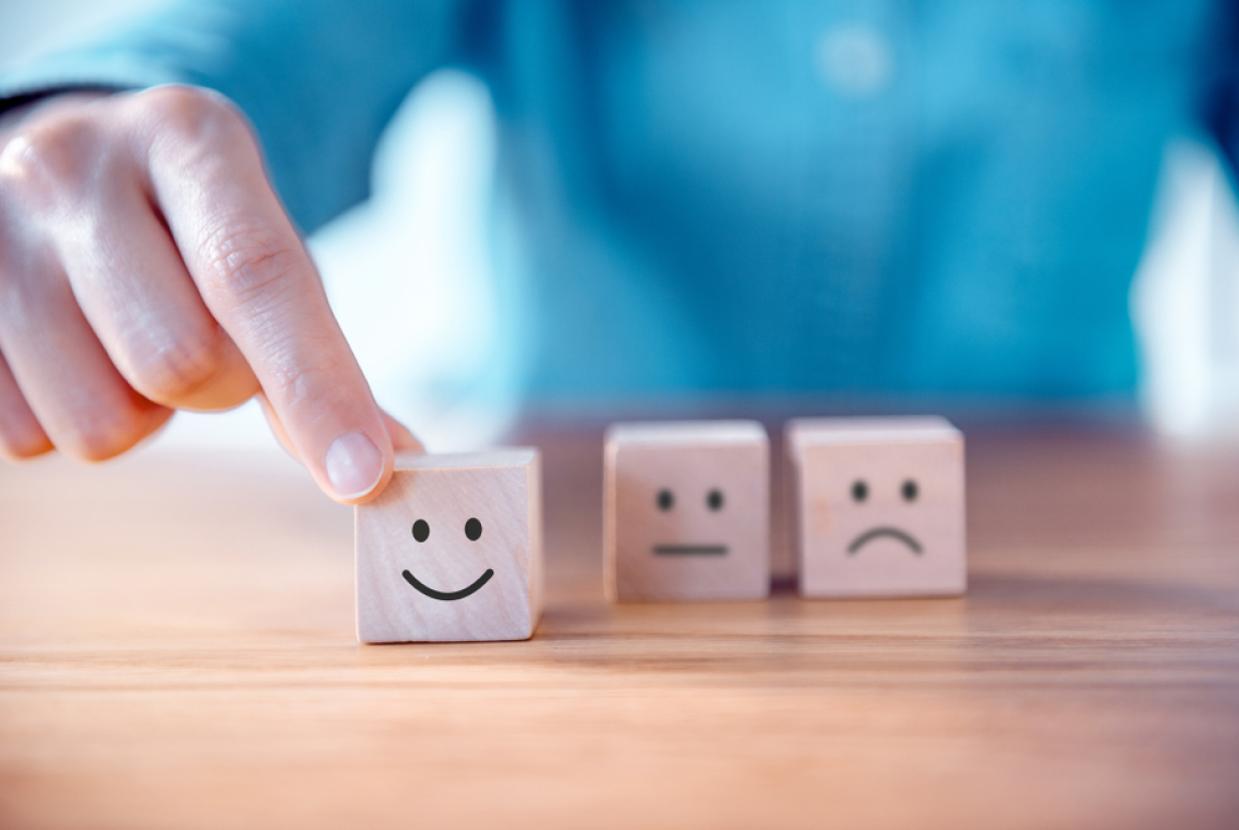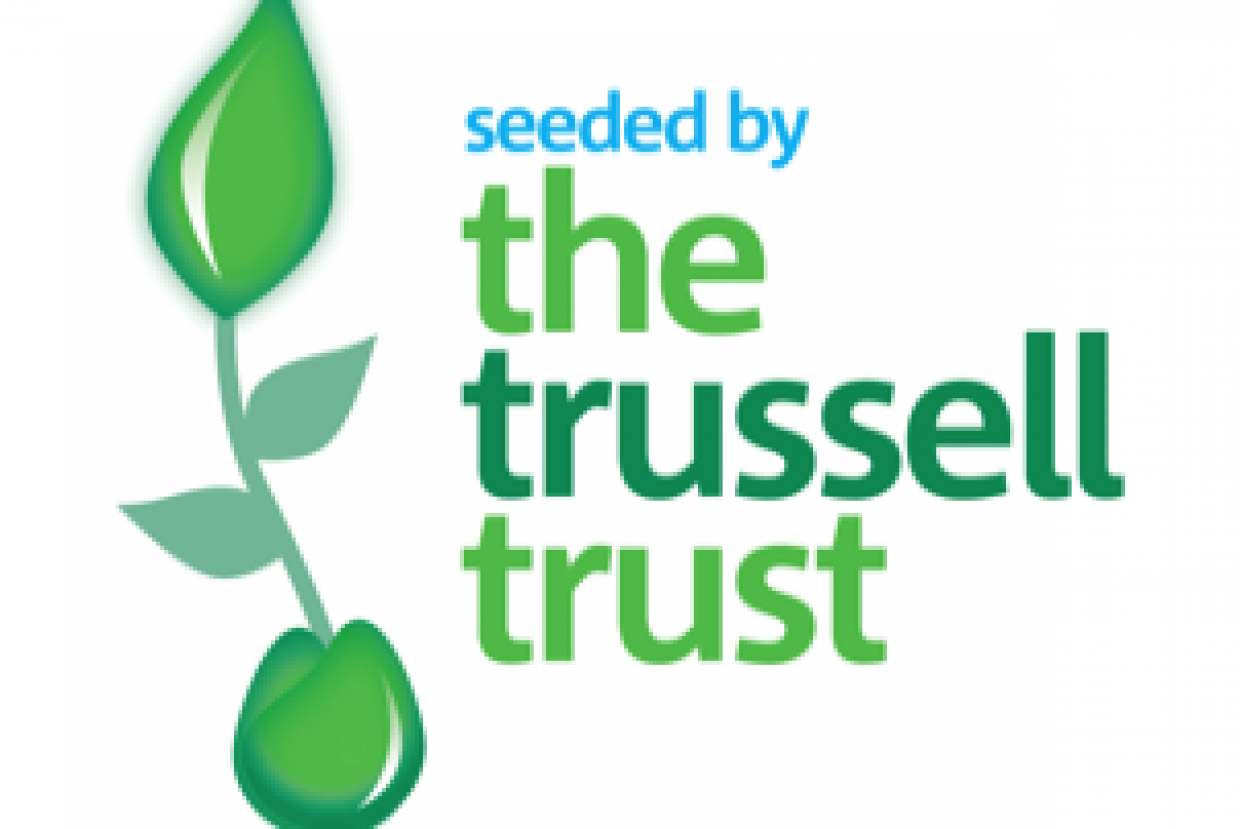6 Ways To Be Happier
Try our 6 tips to help you be happier, more in control, and able to cope better with life's ups and downs.
Manage your stress levels
If you have a lot of stress in your life, find ways to reduce it, such as learning a few time-management techniques.
Introduce regular exercise and time to yourself. These are positive changes. Taking control of your time in this way can effectively reduce stress.
If you have feelings of anxiety along with your stress, breathing techniques can help. Try this breathing exercise for stress.
Enjoy yourself
Doing things that you enjoy is good for your emotional wellbeing. Simple activities like watching sports with a friend, having a soak in the bath or meeting up with friends for coffee can all improve your day.
Doing something you're good at, such as cooking or dancing, is a good way to enjoy yourself and have a sense of achievement.
Try to avoid things that seem enjoyable at the time but make you feel worse afterwards, such as drinking too much alcohol or eating junk food.
Boost your self-esteem
Self-esteem is the way you feel about yourself. The best way to improve your self-esteem is to treat yourself as you'd treat a valued friend, in a positive but honest way.
Notice when you're putting yourself down, such as thinking, "You're so stupid for not getting that job", and instead think, "Would I say that to my best friend?". You probably wouldn't.
Tell yourself something positive instead, such as: "You're a bright person, you'll get the next job".
Have a healthy lifestyle
Limit your alcohol intake. When times are hard, it's tempting to drink alcohol because it "numbs" painful feelings.
But it can exaggerate some feelings and make you feel angry or aggressive. It can also make you feel more depressed.
Choose a well-balanced diet
Making healthy choices about your diet can make you feel emotionally stronger. You're doing something positive for yourself, which lifts your self-esteem.
Do some exercise
Even moderate exercise releases chemicals in your brain that lift your mood.
It can help you sleep better, have more energy and keep your heart healthy. Choose an exercise that you enjoy. If it helps, do it with a friend or listen to music. Adults should aim for 150 minutes a week.
Get enough sleep
Around 7 to 8 hours is the average amount of sleep an adult needs for their body and mind to fully rest. Writing a "to do" list for the next day before bed can organise your thoughts and clear your mind of any distractions.
Talk and share
Communication is important, whether it's with a friend, family member or counsellor. Talking things through helps you to release tension, rather than keeping it inside. It helps strengthen your relationships and connect with people.
Lots of people find talking to a counsellor about things that are troubling them very helpful.
Build your resilience
Resilience is what allows you to cope with life's ups and downs. Making something worthwhile out of painful times helps your resilience grow.
Starting a support group to help others, or making something creative out of bad experiences by, for example, writing, painting or singing, can help you express pain and get through hard times.





























































